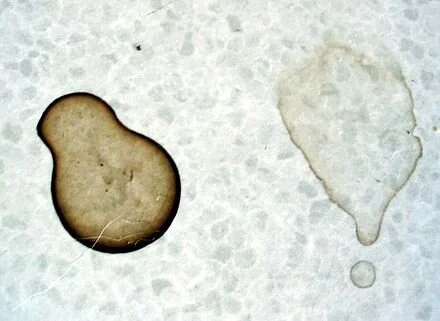David Warsh: Trump's stain is indelible, but....
SOMERVILLE, Mass.
Watching the GOP convention last week, I had the feeling that there were two versions of the Republican Party on the program. One was a personality cult built around Donald Trump and his children, The other professed to be an open, vibrant aggregation of all sorts of people sharing all kinds of concerns: foreign competition, immigration, religion, education, health care, military service, taxes, red tape.
The first party’s convention culminated in an extravaganza straight out of The Hunger Games, in which the coronavirus pandemic had happened long ago. The second convention resembled a non-alcoholic version of the Democratic Party. All that was missing was inequality and climate change.
If Trump loses the election in November, will he go away? Of course he won’t. his tweets will continue as he seeks to retain his hold, But the acknowledgment last week of the existence of that second congregation made it possible to believe that the Republican Party might regain possession of itself sooner than expected.
Certainly, that is not the conventional wisdom, “Whether Mr. Trump wins or loses in November, he now owns the Republicans,” wrote columnist Edward Luce in the Financial Times. “They are now prisoners of the Frankenstein they helped to create.” Ross Douthat, of The New York Times, wrote, “Even if he loses, his power will probably ebb only slowly, if at all.” The FT’s Demetri Sevastopulo notes that some Republicans warn that, even if he loses, there is nothing to prevent him from running again in 2024. In that case, asks an influential Trump critic, “Which Republican would be able to defeat him in a primary?”
That’s easy. For that ghost Republican a party seeking cross-over voters in a future election, the most attractive would be Nikki Haley, former governor of South Carolina, who was Trump’s ambassador to the United Nations. A point often missed about Trump’s 2016 insurgency is that many of his positions now appeal well beyond his vaunted “base.” An idiot-savant is a person who has a mental or learning disability but is extremely gifted in a particular way, such as the performing of feats of memory or calculation, Trump’s disability is characterological, but his political judgment has, in several instances, been acute, in both their popular appeal and their substance (though never their execution).
Thus tougher trade policy with China, more coherent immigration controls, prudent assessment of America’s foreign wars, realistic relations with Russia are broadly popular positions. Add a revenue-neutral carbon tax to the platform – that being a well-established Republican ambition, at least in policy circles – and the differences between the two parties would turn on their plans for social spending, tax equity and cultural inequities.
What happens next will depend on the margin in the November election. If Trump wins, or loses by a very narrow margin, all bets are off. If Joe Biden wins by a substantial margin, expect the maneuvering among Republicans to begin immediately. Whatever happens to the Senate in 2020, the key to the 2024 Presidential election may be what happens in the Senate elections of 2022, when 22 Republicans seats will be at risk, compared to those of a dozen Democrats. Would-be presidential candidates must wait to see what happens then.
Biden’s age would make him likely not to run for re-election. Vice President Kamala Harris vs. Nikki Haley would be a most interesting matchup in 2024, one that could go a long way toward restoring a degree of civility to American politics. As the 2016 primaries demonstrated, party machinery tends to swing behind whoever is thought to be capable of delivering a victory. Under certain circumstances, it is possible to imagine a GOP rostrum in 2024 featuring George W. Bush, Mitt Romney, Colin Powell, members of the Reagan, McCain and Cheney families — and no Trump anywhere in sight.
Can Trump be expunged from American politics? Deleted from the record? Of course the answer, again, is no. The stain is indelible. But with some luck, Donald J. Trump will be consigned to the chapter of history books in which he belongs, along with Joe McCarthy, Roy Cohn, Charles Lindbergh, Joseph P. Kennedy, Huey Long and sundry other anti-democracy people of the 20th Century. It is a pleasant thought, at least, for the last Monday in August.
David Warsh, an economic historian and a veteran columnist, is proprietor of Somerville-based economicprincipals.com, where this essay first appeared.
